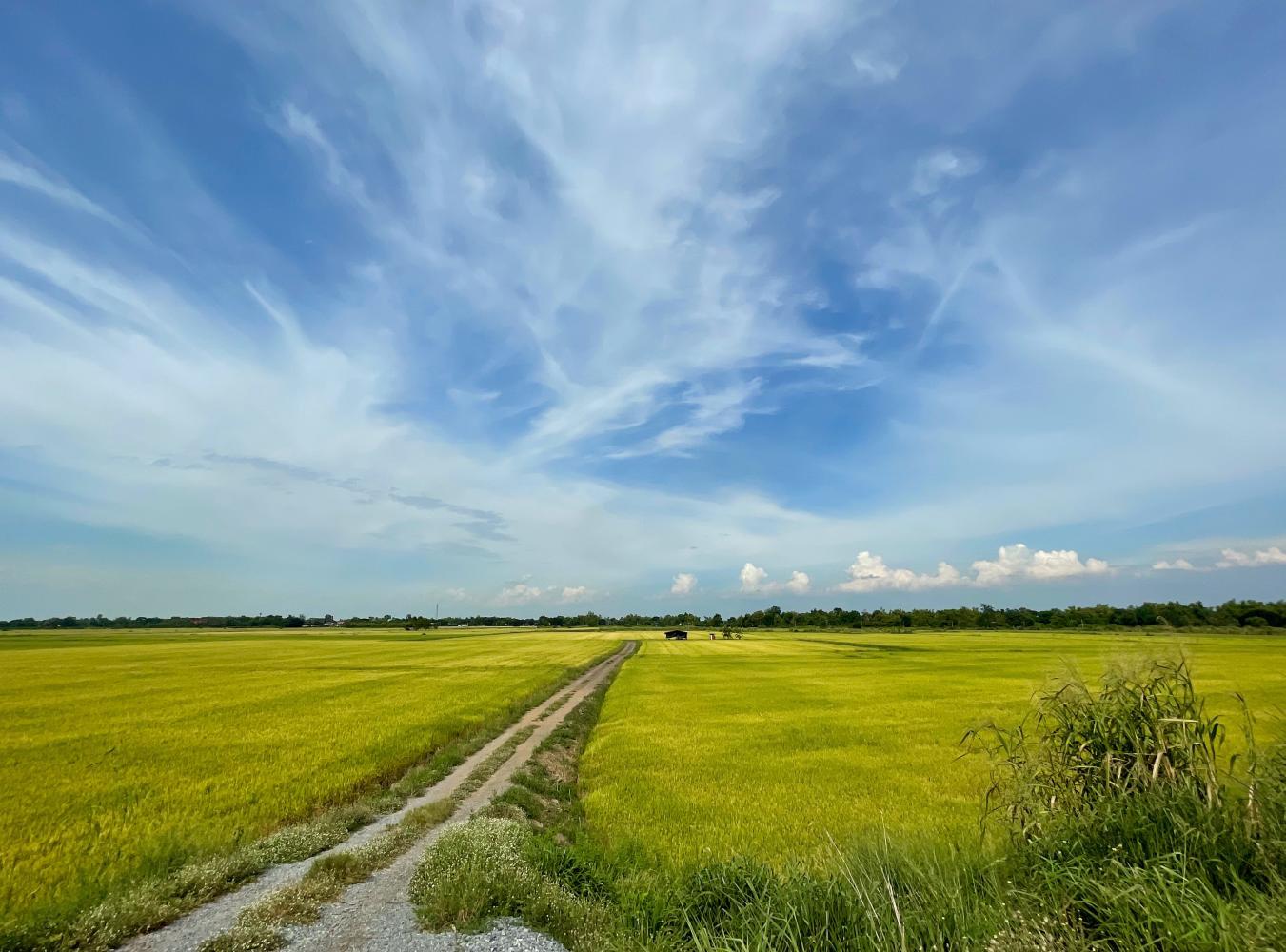
The Institute for Agro-Based Industries, a unit under the Federation of Thai Industries (FTI), has joined hands with Kasetsart University to develop organic fertilisers, with the aim of helping farmers bearing the higher cost of imported chemical fertilisers.
The project initially focuses on contract farmers, referring to those who supply agricultural products to companies, said Thanarak Phongphatar, chairman of the institute.
Global fertiliser prices have been rising due to the impact of the Russia-Ukraine war.
Russia, the world's largest exporter of fertilisers, decided to suspend exports during the conflict.
FTI expects the cooperation with Kasetsart University to help rice, sugar cane, cassava and palm farmers. Organic fertilisers use easy-to-find materials such as agricultural waste from production processes.
The federation also plans to work with other universities on R&D for different organic fertiliser formulas to help farmers in many provinces.
The FTI believes organic fertilisers will give farmers a new channel to help manage their farming, save costs and earn more revenue.
According to the FTI, the organic and safety food market is growing because people are more concerned about their health.
Organic farming can add value to farm produce and help promote Thai agricultural products in the world market.
The FTI asked the government and local communities to carefully consider whether to go ahead with a potash mining project, following a protest by local villagers.
"Thailand has high potential for potash mining to make potassium fertilisers, similar to Russia," said Mr Thanarak.
"But we understand local villagers who don't want such mining to be located near their villages."
The FTI says Thailand imports over a million tonnes of fertiliser a year. If the country can make potassium fertiliser, it can reduce imports.







